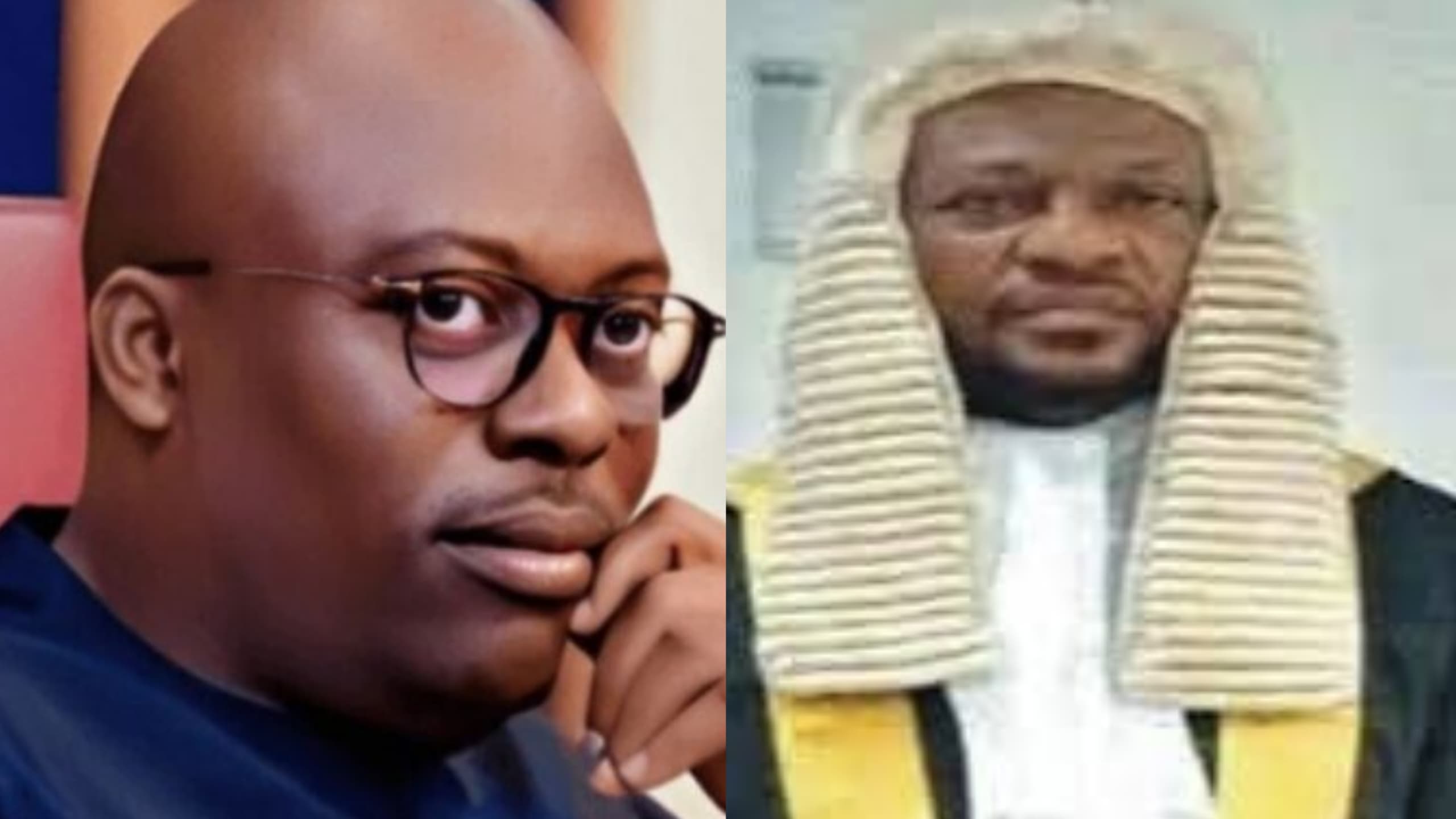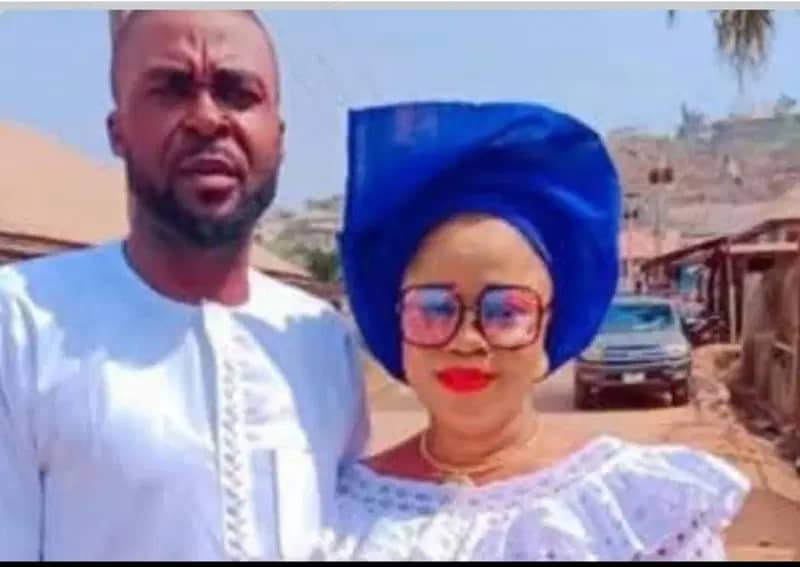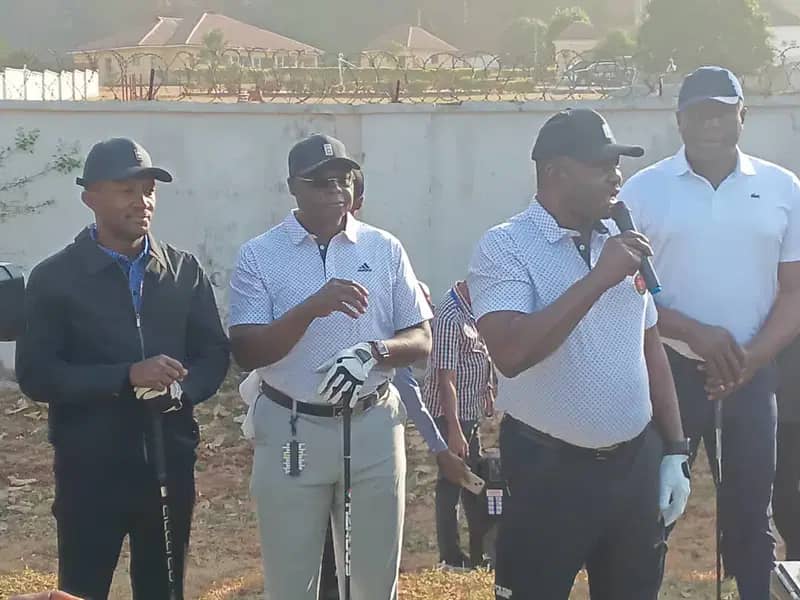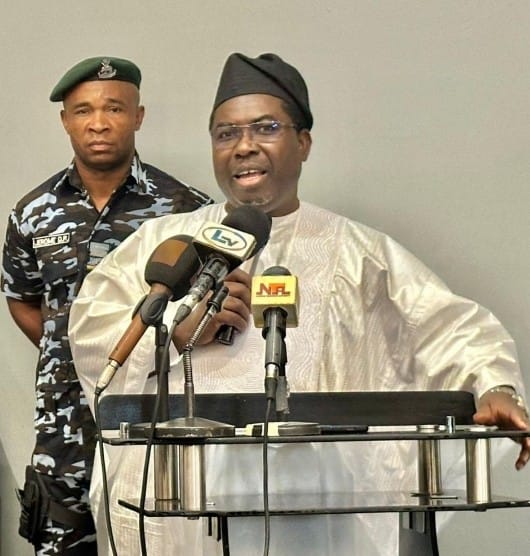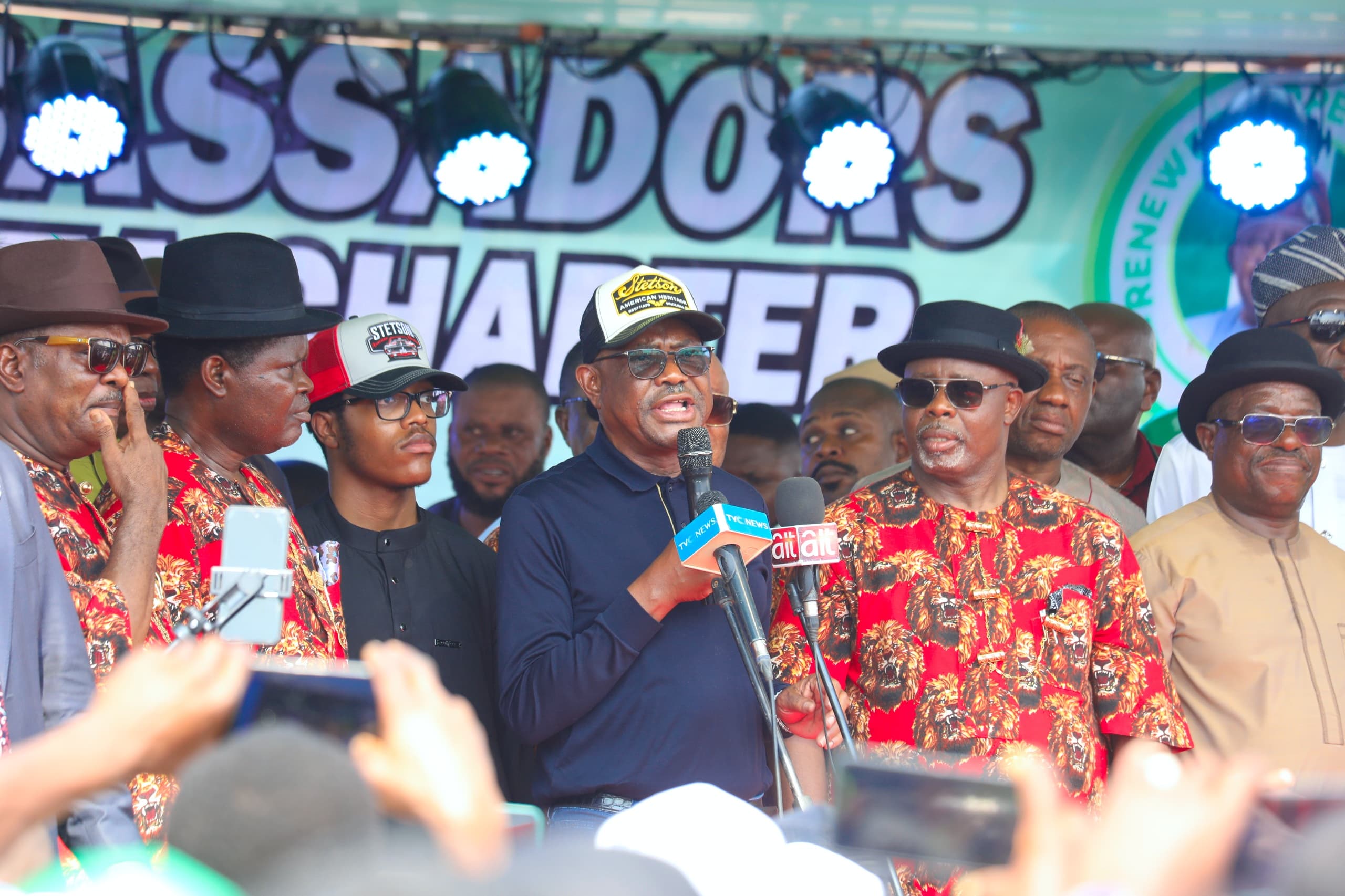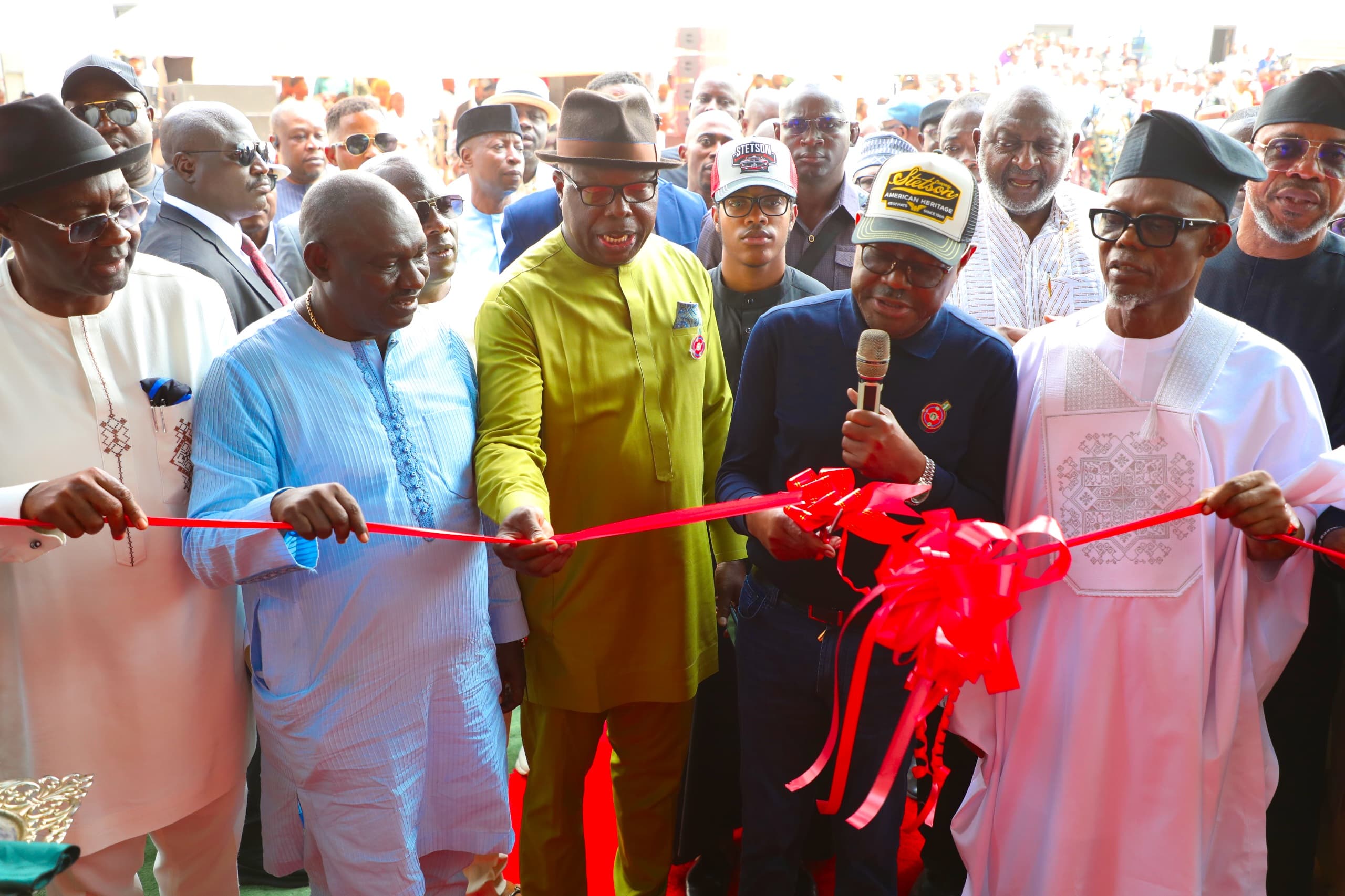PORT HARCOURT — The Rivers State House of Assembly has vowed to press ahead with the impeachment of Governor Siminalayi Fubara and his deputy, Prof. Ngozi Odu, despite mounting condemnation from stakeholders and growing public outrage.
The Assembly said impeachment notices have been duly served on both the governor and deputy governor and that the process remains on course, contrary to reports that lawmakers had backed down and apologised to President Bola Tinubu.
In a statement by the Chairman, House Committee on Information, Petitions and Complaints, Enemi George, the lawmakers dismissed such reports as false and misleading, insisting there has been no withdrawal of the impeachment move.
According to the House, the impeachment process, which began on Thursday, January 8, 2026, is being carried out strictly in line with Section 188 of the 1999 Constitution (as amended).
“The Rivers State House of Assembly wishes to inform the people of Rivers State that the impeachment process commenced on January 8, 2026, is fully on course. Notices of allegations of gross misconduct against the Governor and his Deputy have been forwarded to them, and we are awaiting their responses,” the statement said.
The lawmakers stressed that they would not be intimidated by threats or blackmail, adding that they are committed to discharging their constitutional responsibilities.
While thanking residents of the state for their prayers and support, the Assembly also urged the public to disregard what it described as deliberate attempts by some individuals and media platforms to misinform the public and create tension.
The House reaffirmed its resolve to continue the process, declaring that it remains steadfast in upholding democracy and the rule of law in Rivers State.

